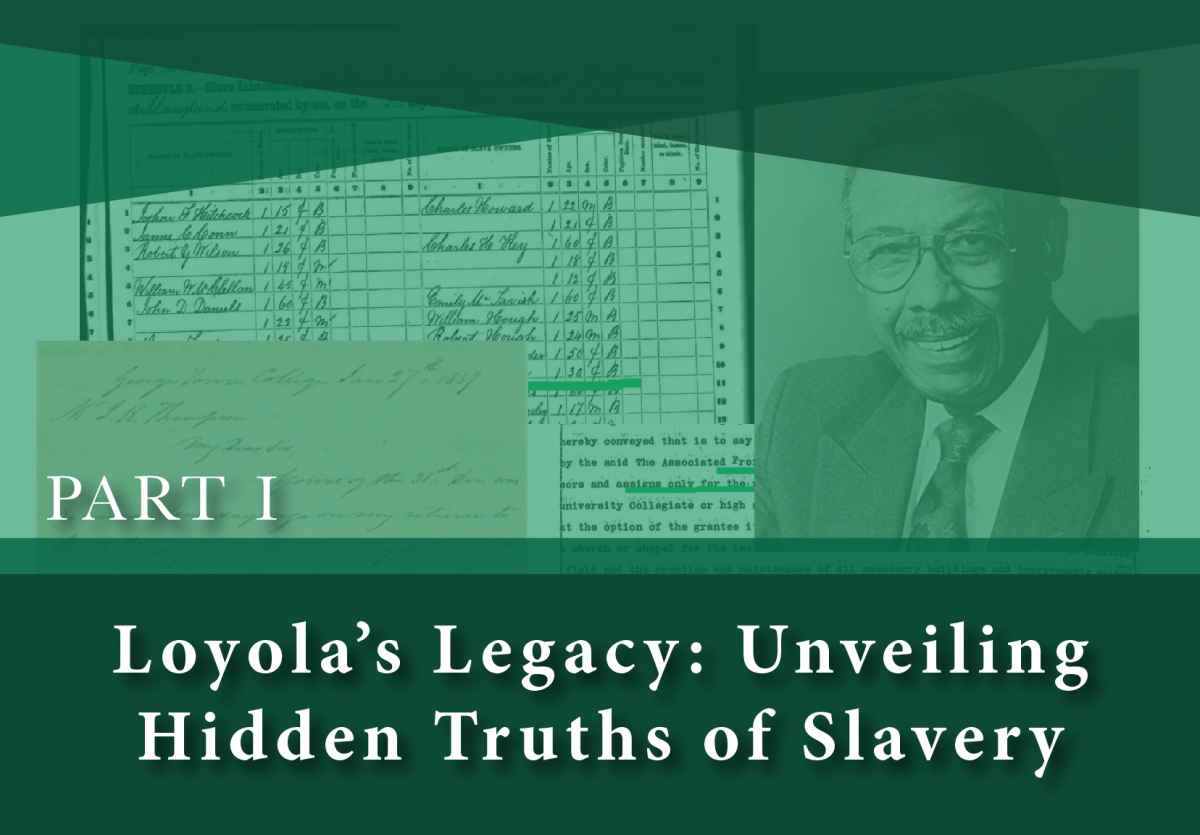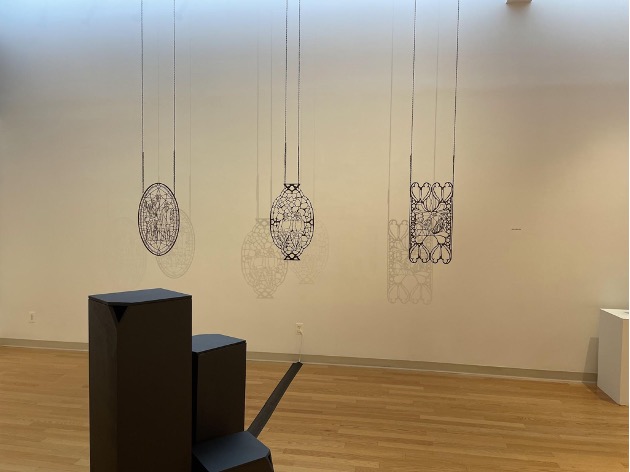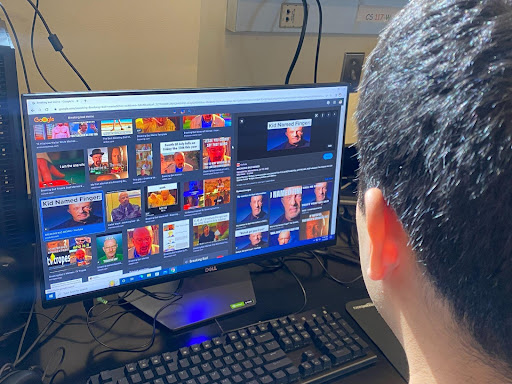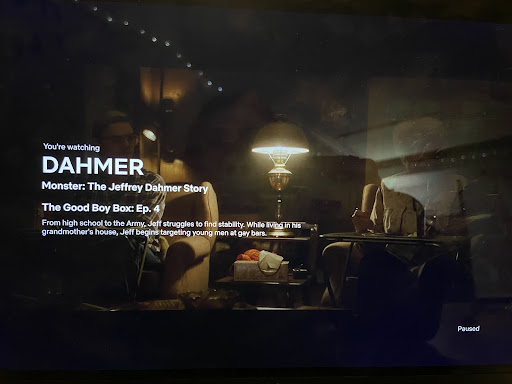Why are we drawn to murderous sociopaths such as Tony Soprano, Walter White and Frank Underwood? Because they control the uncontrollable. Frank Underwood of House of Cards tells us how to take back command in an anarchic world, a world fraught with chaos, randomness and indiscernible variables no individual can predict or dominate. Human nature inclines us to bring order to this mayhem. However, Underwood is capable of something more. He not only makes his environment a product of himself, he uses his environment as the ladder to success. This is the appeal of the conniving, murderous and Machiavellian politician that pervades American culture. Yes, he is a sociopath, but captivating nonetheless. The question remains: why we are drawn to this sordid character?
House of Cards centers on Democratic Majority Whip Frank Underwood representing South Carolina’s 5th Congressional District. The show begins with President-Elect Garrett Walker’s betrayal of Underwood for the promised Secretary of State position. This is then the catalyst for two seasons of the retributive, scheming and devious Frank and wife Claire Underwood clawing their way to the top.
The structure of House of Cards is unique. It is produced by Netflix, an Internet television network with more than 44 million members in over 40 countries. Netflix has been the forbearer of a new transition to how people watch television. The commercial-less and instantaneous capability to “binge-watch” television and movies has made it an instant and addicting success.
House of Cards has capitalized on this newfound infatuation with Netflix. Statisticians realized Netflix subscribers consistently enjoyed political drama such as Aaron Sorkin’s West Wing and this, in combination with the cultural golden age for television antiheros like Tony Soprano and Walter White, resulted in House of Cards.
This formulaic structure gives some insight into the obsession fans of the show harbor for Frank Underwood. However, this reason alone fails to tell us why there’s such a draw to Underwood in particular. Netflix has produced other television shows including Lilyhammer, Hemlock Grove and Marco Polo but none of these shows have the acclaim and popularity that House of Cards attains.
The show has some of the best cinematography in television today, one of the finest soundtracks and one of the greatest directorial progenitors for a show in some time in David Fincher. The writing is superb and Kevin Spacey and Robin Wright have more than deserved the awards they garnered for their performances as the Underwoods.
But again, these elements, as crucial as they are, do not fully explain the dazzle of Frank Underwood and cultural fascination with the show. Many shows possess these elements but fail to be House of Cards. To ascertain the fundamental success of the show a psychological and spiritual inspection is needed.
Frank Underwood may not be the most relatable person in television history, but what is relatable is the underlying chaos of the world he lives in. When I say chaos, I don’t mean apocalyptic mayhem such as The Walking Dead, I mean the unknown changes that can occur any and every day. Underwood is dealt this tumult when he is not given the Secretary of State position; this an example of the bedlam world both Underwood and we reside in. He is constantly given new challenges and it is up to him to solve them
This state of anarchy and his ability to control and outmaneuver is the appeal of the show. Underwood takes his world, no matter how un-friendly to his own designs, and through his merit alone, changes and conquers it. He is not sheepish and does not rely on supporting characters or luck to get the job done. He does it himself. People love this and are drawn to it. This is why people are far too often willing to forgive his sociopathic actions. We are attracted to his ability to change the world around him by his own skillful use and aggrandizement of power—power he scored on his own.
Underwood tells us he “prays to myself, for myself.” He is his own god carving his own path. People love this idea of being able to take such control over our world. We want to be Underwood in the most fundamental ways. Machiavelli’s The Prince, a clear base for Underwood, employs similar seductive preaching for a leader. Machiavelli’s appeal that has exited for centuries is the same appeal for Underwood. He is known for his callous advice for rulers; his name is more an adjective than a noun. He often asserts how we can prepare for the chaotic world the same way we can prepare for a flood by building dikes and dams. And if we cannot control the world, or “fortune” as he calls it, it “is better to be impetuous than cautious.” Underwood is impetuous. He kills, lies, manipulates and cheats his way to the top. However, he is still able to win. This is the attraction of Frank Underwood: we all want victory too.
Underwood admits, “There is but one rule: hunt or be hunted.” Our world can definitely feel as simple as this phrase and his ability to always be the hunter by his own accord is irresistible. We want to be able to exert control and power the way he does because “Power is the old stone building that stands for centuries.” Underwood is despicable and this is by no means an altar to his character. Yet, people are nonetheless drawn to him in the same way they were drawn to Soprano and White; we want to share in their ability to dominate our world.
House of Cards begins its third season February 27 on Netflix.
Image courtesy of: DeviantArt.com / MARRAKCHI












































































































